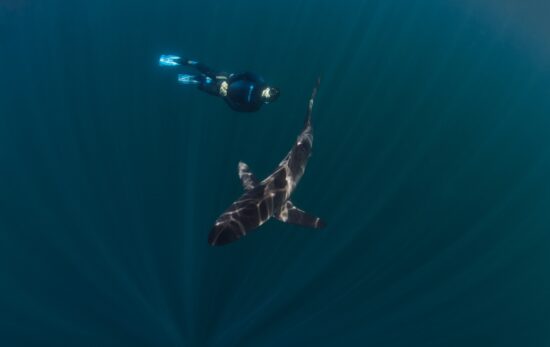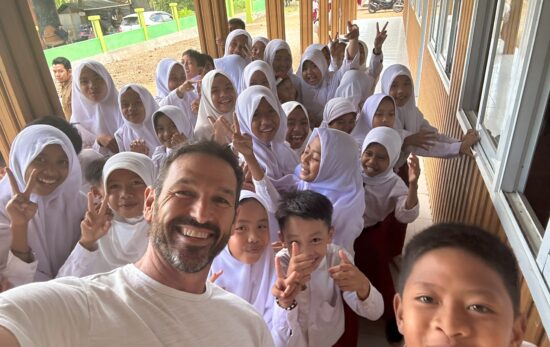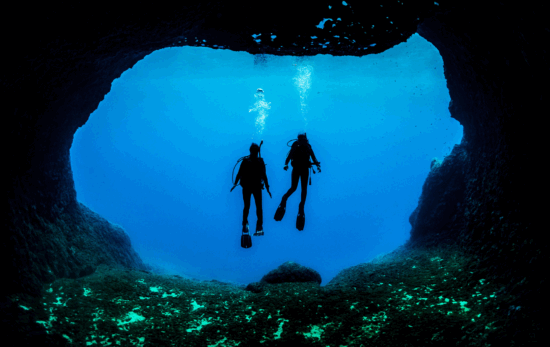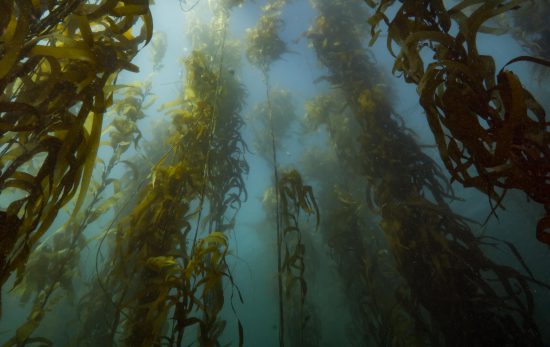The Global Plastics Treaty is a once-in-a-lifetime opportunity to close the tap on ocean plastic pollution. Whether you’re a scuba diver, freediver, surfer or other ocean enthusiast, you know our oceans are suffering.
Unfortunately, many people don’t understand the size of our plastic pollution problem. According to research from the United Nations and The Ellen MacArthur Foundation:
- 398 tonnes/430 million tons of plastic are created every year
- Two-thirds of plastic products are used for less than 30 minutes before being discarded
- 8 tonnes/8.8 million tons of plastic waste ends up in the ocean annually
Experts estimate 80% of ocean pollution is plastic waste. Packaging, bottles, straws, microplastics and many other types of marine plastic pollution kill thousands of birds, fish and other marine animals every year. In fact, six of the top 10 items reported in Dive Against Debris surveys are plastic.
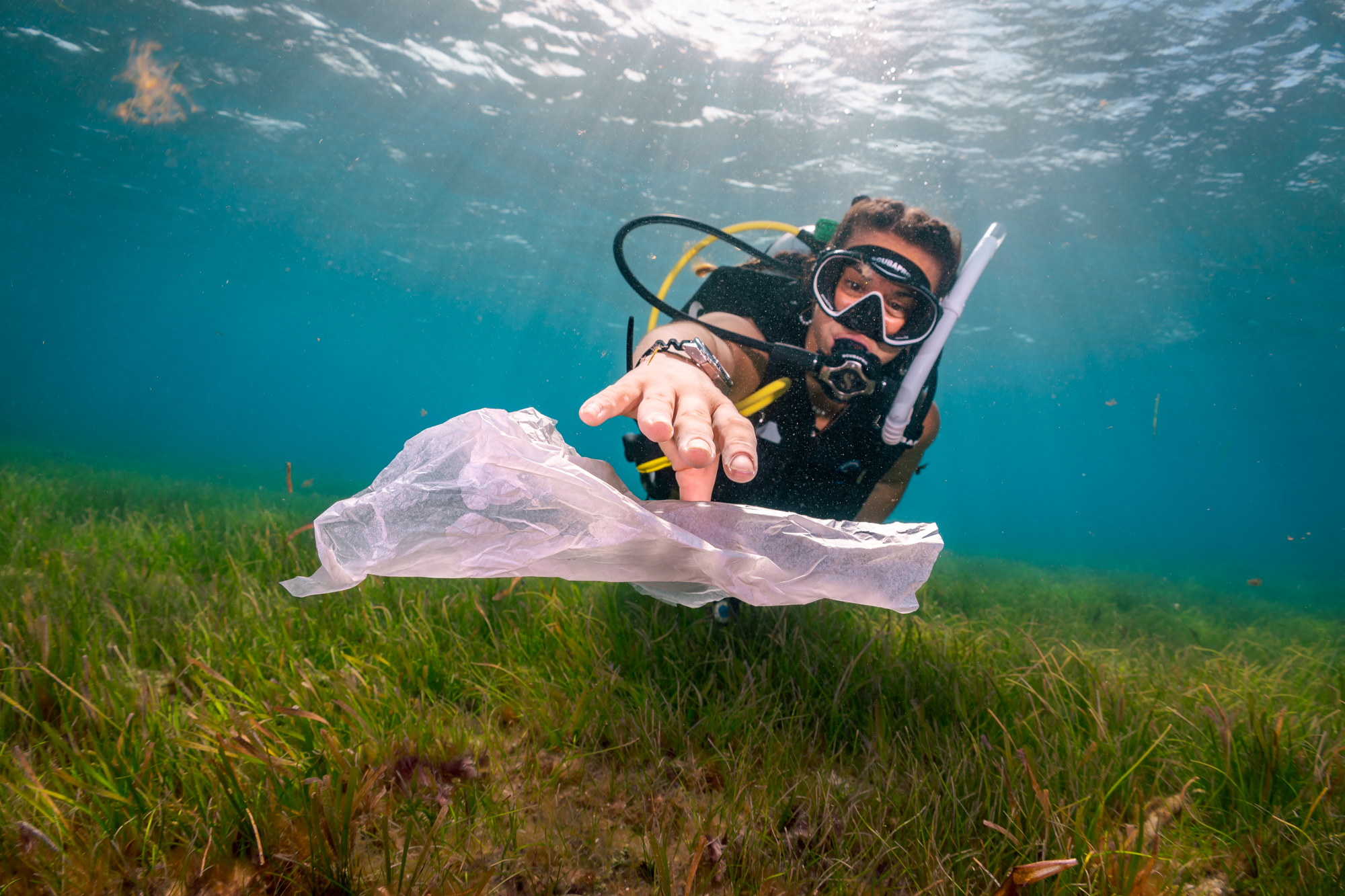
Plastic pollution impacts people, too. Ocean plastics break down into microplastics that are ingested by fish, mollusks and other marine creatures consumed by humans. According to the United States’ National Institute of Health (reporting on a study from Germany), “Most humans ingest a significant amount of microplastic…through food, particularly through the consumption of fish and other seafood.”
Plastic waste also causes approximately US $13 Billion in damage annually. This number reflects a combination of direct and indirect costs associated with plastic pollution, such as economic costs for cleanups and waste management, health costs, fisheries and tourism impact as well as marine habitat loss.
But there is hope on the horizon.
What Is the Global Plastics Treaty?
The INC (Intergovernmental Negotiating Committee) of the United Nations is developing environmental legislation to place legally binding limits on the production and disposal of single-use plastics globally. The current Global Plastics Treaty draft (PDF) calls for:
- International cooperation
- Reduction of plastic production
- Improved waste management and recycling
- Removal of existing debris
- Periodic monitoring and assessment of plastic pollution
- Creation of sustainable jobs and industries
- Input from communities that are often overlooked
- A formal mechanism to provide support where it is most needed
The agreement will be legally binding with real consequences for countries that don’t comply with the globally agreed upon treaty regulations designed to optimize its impact, but the treaty hasn’t been finalized. The final Global Plastics Treaty session is scheduled for November 2024 in Busan, Republic of Korea. More than 2500 delegates from 170 member nations and 480+ organizations (including the PADI AWARE Foundation®) are participating in the treaty’s development.
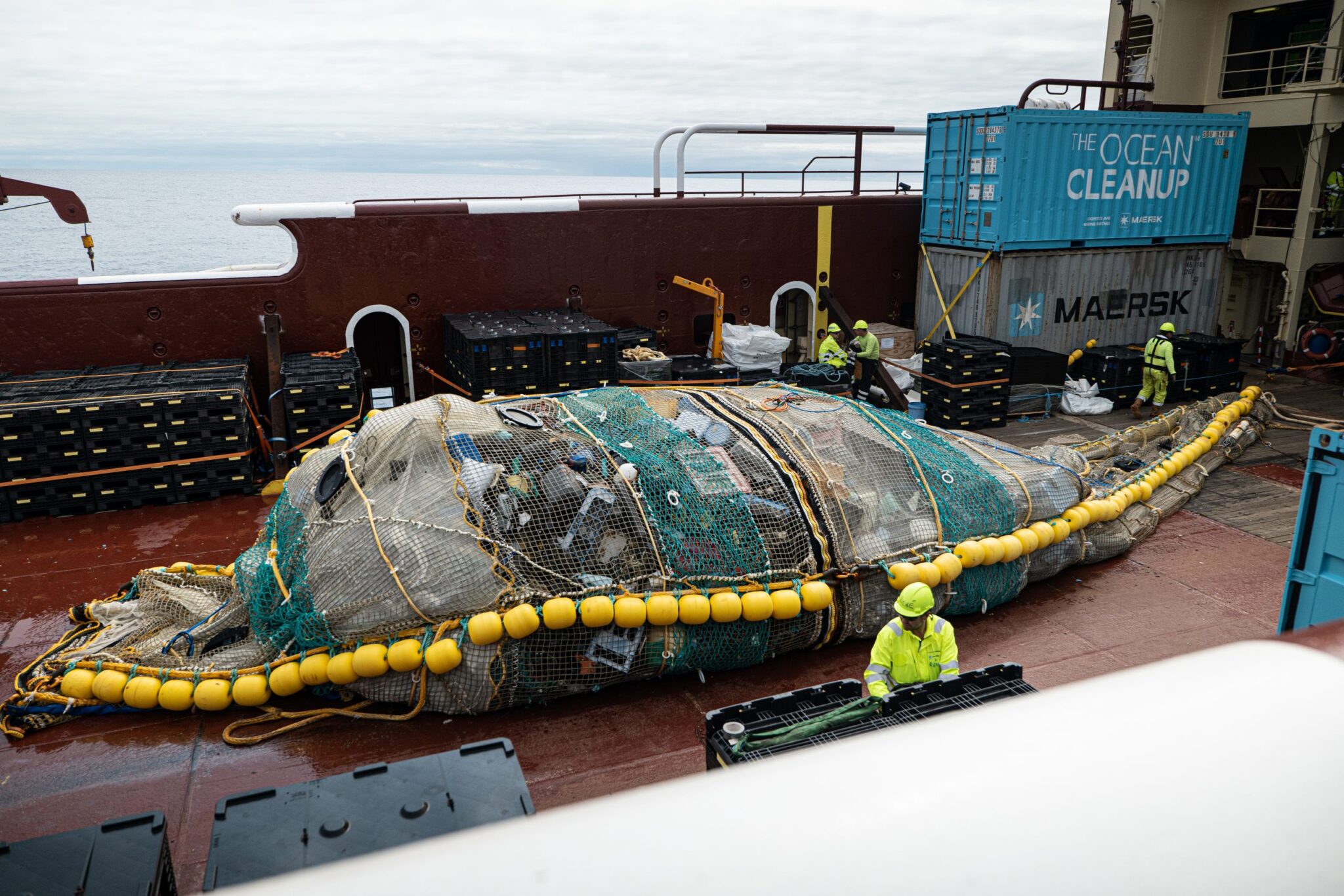
Let’s Close the Tap on Ocean Plastic Pollution
When you see plastic pollution in the ocean or along the shoreline, it can be easy to think, “I’m just one person, how can I stop the flood of plastic?” That’s why this treaty is so important.
Across the globe, scuba divers, snorkelers, freedivers and mermaids have a vital role to play. No matter where you live, you can be a voice for the ocean.
- Sign the petition. Hold governments and the plastic production industry accountable.
- Start a wave of change among friends and family. Explain what you’ve seen, share ocean pollution facts from this article and ask them to sign the petition.
- Participate in ocean clean-up events and log the debris you remove from the ocean in the Conservation Action Portal. Let’s keep the marine debris data flowing!
Data From Divers Makes a Difference
Our collective efforts truly make a difference. PADI AWARE and environmental advocates around the world use the Dive Against Debris® database to inform policy development and establish legislation to protect our oceans and the creatures who live there.
Dive Against Debris is the largest underwater marine debris clean-up solution that does not damage the marine environment. Millions of pieces of marine debris have been removed and reported across over 121 countries; almost 100,000 underwater citizen scientists have advanced ground-breaking marine research; and the lives of over 35,000 entangled marine animals have been saved.
Vanuatu banned polystyrene takeaway boxes, single-use plastic bags and single-use plastic straws based on clean-up data collected by PADI Dive Center Big Blue and other environmental groups. More than 2,000 people signed a petition in support of the ban, and Vanuatu intends to become a plastic-free nation.
In Australia, divers, freedivers and snorkelers worked together to collect and record marine debris in and around Sydney’s Manly Harbour. Their work and advocacy led to a statewide ban on single-use plastics.
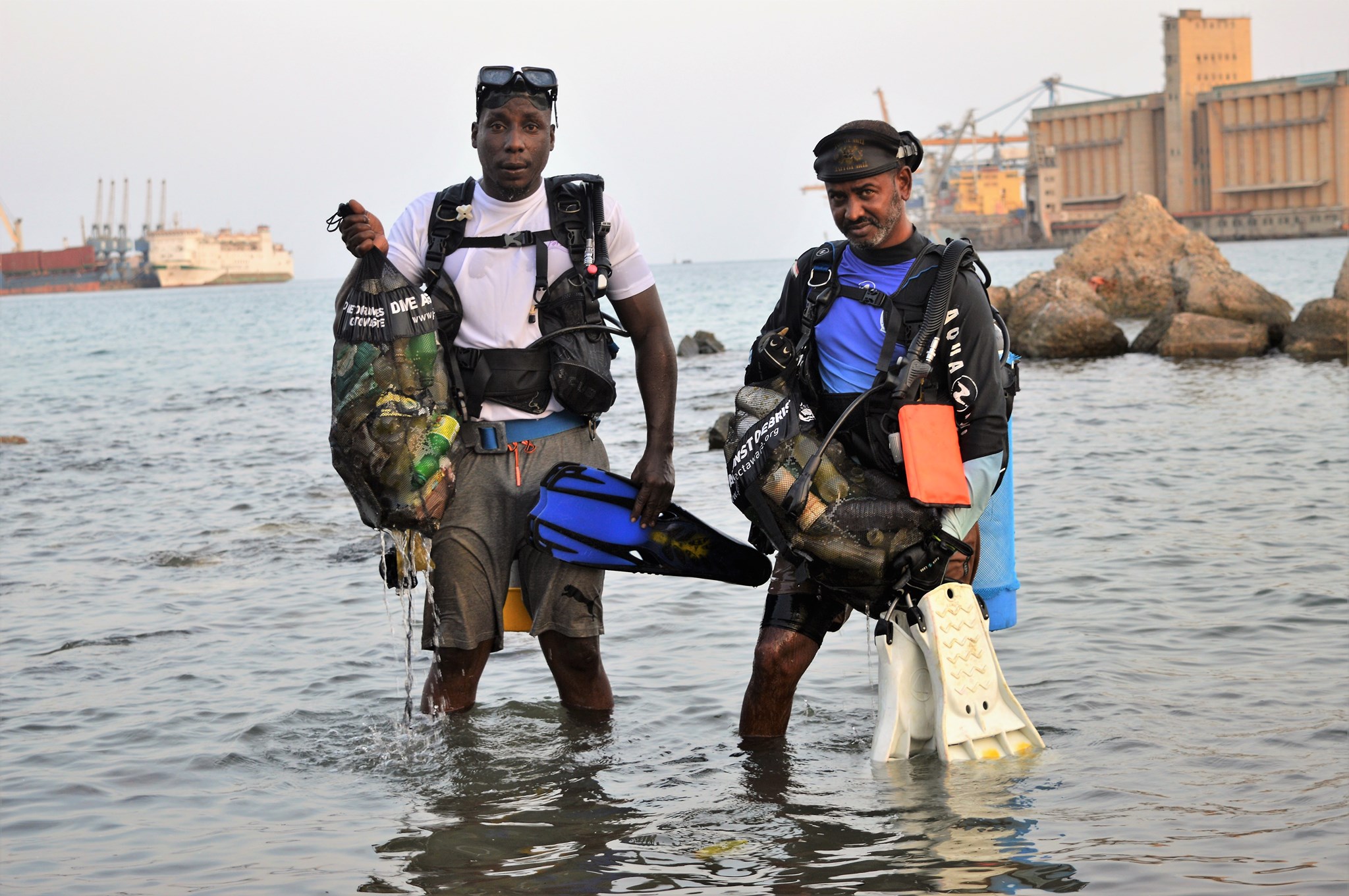
A Viable Solution to Plastic Pollution
In today’s world, it can be tempting to take a pessimistic view of global initiatives. Will the Global Plastics Treaty stop the flow of plastic entirely? No. But the success of the 1987 Montreal Protocol proves international cooperation works:
- Globally, 98% of ozone-depleting substances have been phased out (compared to 1990 levels).
- The ozone layer is projected to recover by the middle of this century.
- Millions of eye cataracts and incidences of skin cancer have been prevented.
The Global Plastics Treaty, if enacted, is our once-in-a-generation opportunity to create a future with cleaner, healthier oceans. Please click the button below to show your support (it takes less than 30 seconds). If you have another 30 seconds to support ocean health, please share the link with others.
PADI AWARE Foundation Needs Your Voice at the Policy Table
PADI AWARE Foundation has taken an active role in the treaty negotiations on a global scale. They need your voice to be impactful at the policy table.
This treaty could include both mandatory and voluntary approaches, addressing the full life-cycle of plastic, including many of the common items found in PADI AWARE’s marine debris program. For example, key Dive Against Debris findings globally have proven that almost 70 percent of all items reported were plastics.
Your support will help ensure that:
- The treaty substantially decreases the rate that plastics enter the ocean.
- Avoidable plastic products that commonly enter the ocean are eliminated.
- Governments recognize that the diving community is critical in tracking the impact of the treaty.
Dive Against Debris is a powerful tool to aid a strong Global Plastics Treaty as part of the solution to remove and monitor marine debris, meaning that PADI AWARE is prepared to work with governments to ensure that the removal of plastic pollution does not damage marine habitats. If included in the Treaty, Dive Against Debris would be recognized as an approved methodology for governments to leverage as their solution for monitoring and reporting marine debris. The data will serve as a powerful tool to understand and eventually make data-driven policies that could result in changes to waste-management systems and plastic supply chains across the world.
The ocean needs people like you to create positive change — now more than ever. As the saying goes, “The best time to plant a tree was twenty years ago. The second best time is now.”
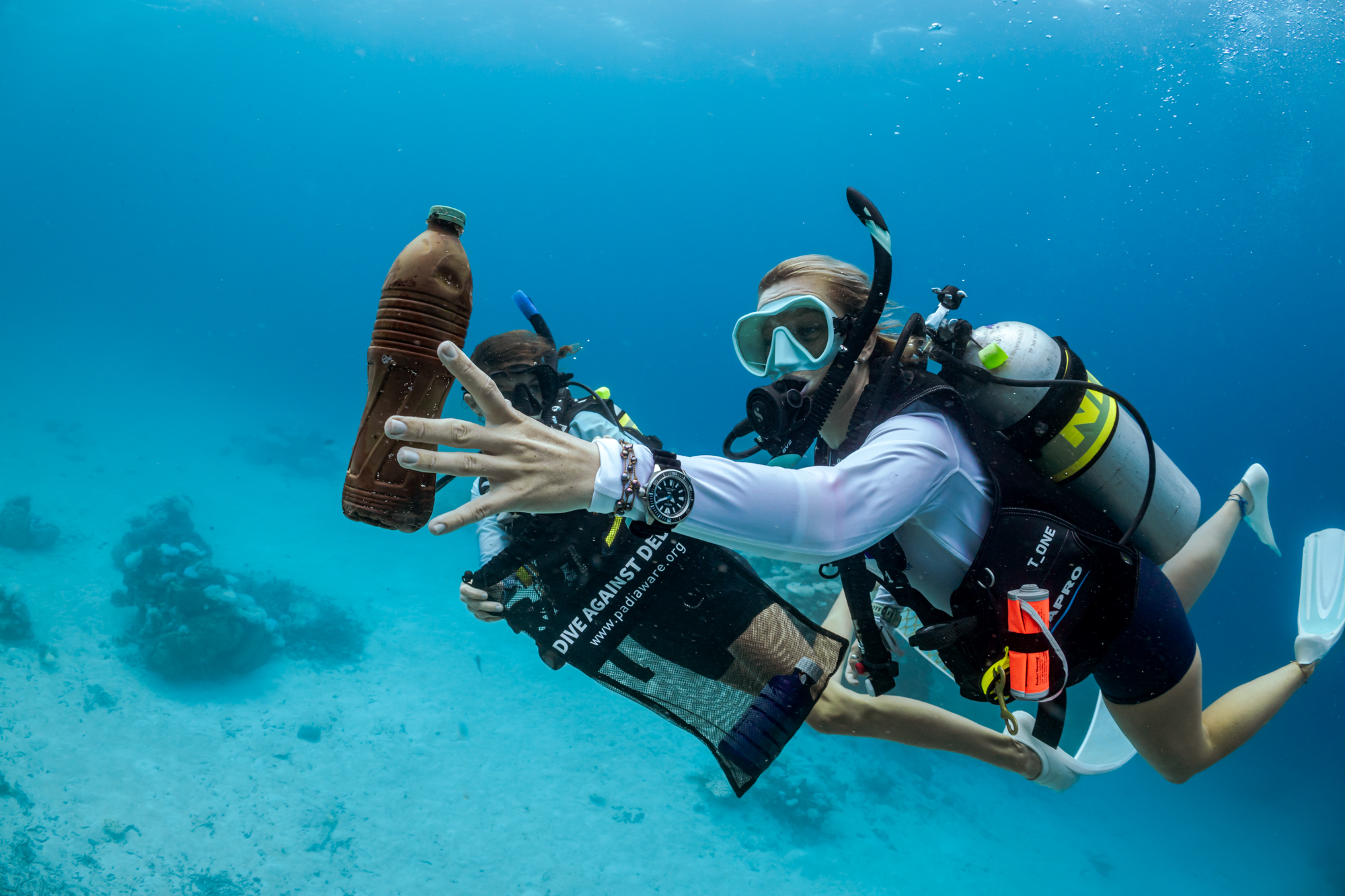
Related Reading
- 6 Simple Ways to Reduce Ocean Plastic Pollution
- Eco-Friendly Gift Ideas (to help friends and family use less plastic)
- 10 Dirty Facts About Ocean Pollution

